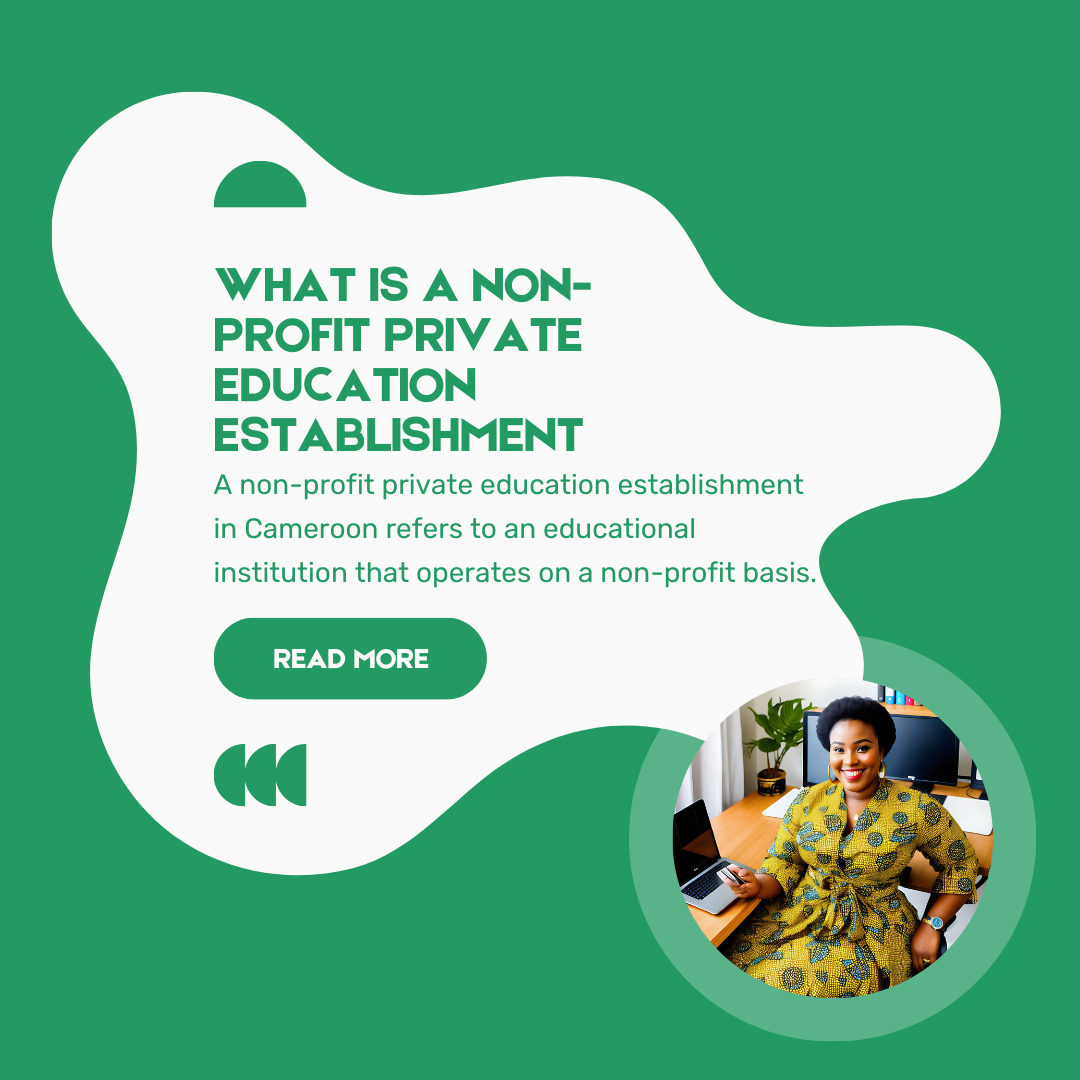A non-profit private education establishment refers to an educational institution that operates on a non-profit basis. These establishments are typically privately owned and are not operated for the purpose of generating profits for owners or shareholders. Instead, any surplus funds generated by the institution are reinvested back into the educational programs and services offered.
These establishments are typically owned and governed by non-profit organizations, religious groups, or community-based entities.
Non-profit private education establishments can encompass a wide range of educational institutions, including schools, colleges, universities and vocational training centers. These establishments may offer various levels of education, from early childhood education to postgraduate programs.
If this article helped you, you can support our work at OpenHub.
Support OpenHub DigitalThe main distinction between non-profit private education establishments and for-profit private educational institutions lies in their organizational structure and financial goals.
Non-profit private education establishments prioritize the provision of quality education and the welfare of their students over financial gain. They are often governed by a board of directors or trustees who oversee the institution’s operations and ensure that it fulfills its educational mission.
Non-profit private education establishments rely on various sources of funding to support their operations. These sources may include tuition fees, donations from individuals and organizations, government grants, and endowments. The financial resources obtained by these institutions are used to cover operating expenses, maintain facilities, pay staff salaries, and invest in educational resources and programs.
One of the advantages of non-profit private education establishments is their focus on providing high-quality education and serving the needs of their students without the pressure of generating profits. They often prioritize smaller class sizes, personalized instruction, and a supportive learning environment.
Additionally, non-profit private education establishments may have more flexibility in their curriculum and teaching methods compared to public schools, as they are not bound by the same regulations and standardized testing requirements. This flexibility allows them to tailor their educational programs to meet the specific needs and interests of their students.
It is important to note that while non-profit private education establishments operate on a non-profit basis, they may still charge tuition fees to cover their expenses. These fees are typically used to cover the costs of providing education and maintaining the institution’s infrastructure and resources.
Non-profit private education establishment are exempted from paying company tax in Cameroon.
In summary, a non-profit private education establishment is an educational institution that operates on a non-profit basis, prioritizing the provision of quality education and the welfare of its students. These establishments rely on various sources of funding and often offer a more flexible and personalized educational experience compared to public schools.
From Insight to Implementation
Going through the administrative and legal landscape in Cameroon requires more than just information—it requires a grounded local partner. At OpenHub Consulting, we specialize in helping the diaspora and international investors turn their business visions into compliant, operational realities.
If you are ready to move forward, our team is prepared to manage your registration and compliance from start to finish.
Start Your Company Incorporation →Discover more from OpenHub Digital
Subscribe to get the latest posts sent to your email.

